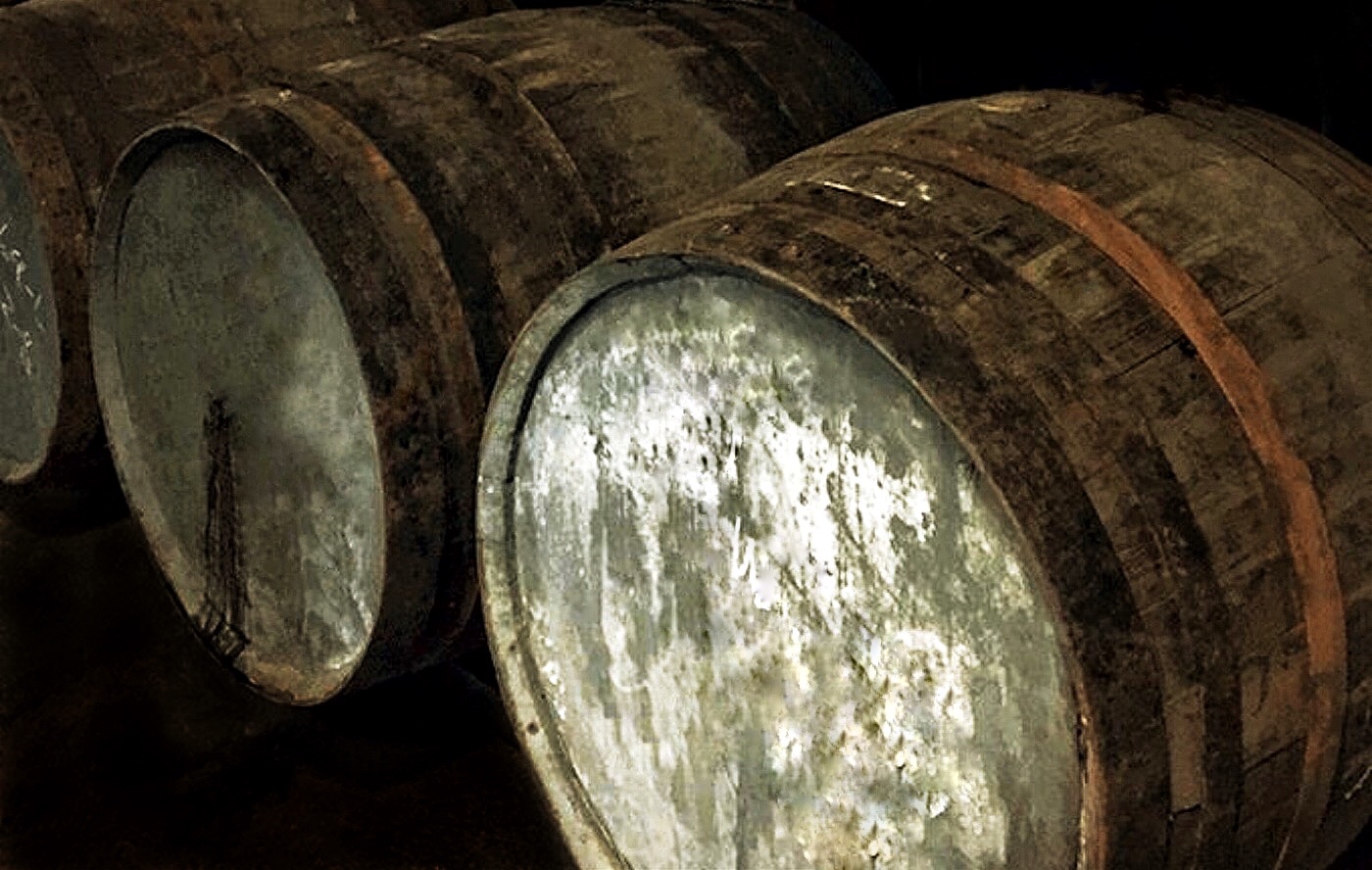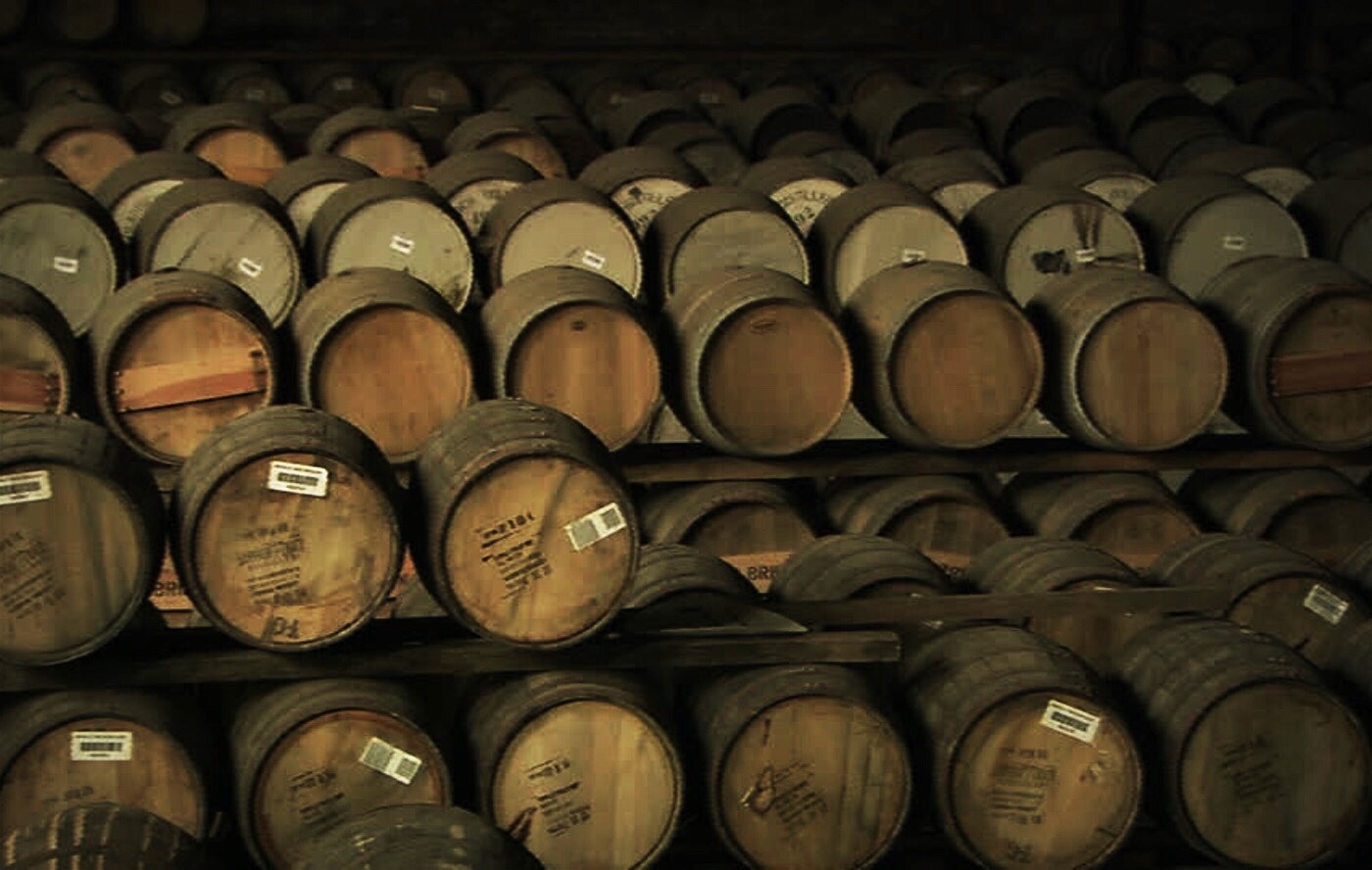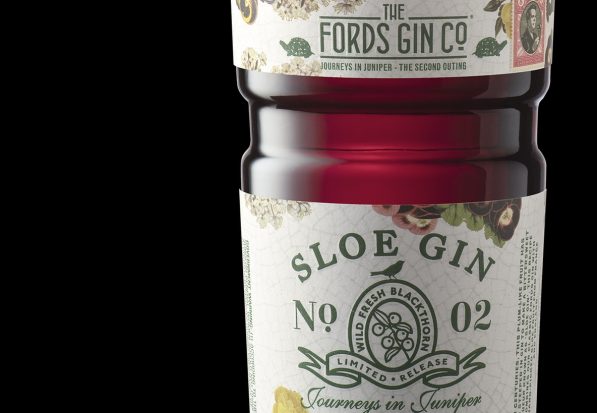sEven though the world keeps changing, there are some things that you imagine will always be the same. One of those is the rules around the ageing of Scotch.
Yet, last month, the Scotch Whisky Association (SWA) amended the legal requirements for Scotch Whisky, broaden the type of casks it would allow to be used for maturation.
There has long been a debate about the ability for Scotch to innovate. One one side, Scotch purists, have been concerned about damaging the heritage and integrity of the spirit with any changes. On the other, the progressives believe that the freedom to experiment granted to other whisk(e)y types is tempting consumers away.
The Scotch Whisky Technical File is intended to give specific guidance on the range of casks which can be used to mature or finish Scotch Whisky. The amendment will allow Scotch to mature in oak casks that have previously been used to age wine, beer, ale and spirits, which broadening the variety of casks available to distillers.
The New Rules
The new rules, however, do exclude casks that have been used to mature wine, beer, ale, or spirits produced from stone fruits, or those in which fruit, flavouring or sweetening have been added after fermentation or distillation. Therefore, Tequila barrels are permitted, but cherry brandy barrels are not.
The SWA has been careful to add that Scotch whisky cannot be aged in a cask long enough for the primary seasoning agent to change the whisky’s traditional profile. So it “must have the traditional colour, taste and aroma characteristics of Scotch whisky”.
Alan Park, SWA Director of Legal Affairs, said: “The global reputation for the quality and origin of Scotch Whisky has been built over many decades, aided by strong legal protection. The legal requirements are vital to protecting the reputation and quality of the world’s premier spirit, which millions around the world know and love.
“A wide range of wine, beer and spirit casks have been used over the years to mature Scotch Whisky and clarity about what is allowed under the law should be provided in the Scotch Whisky Technical File.
“The amendment is consistent with the continued use of all those categories of casks where there is evidence of longstanding traditional use in the industry. But it will also create more flexibility, particularly in the range of spirits casks which can be used, subject to a number of safeguards which protect the reputation of Scotch Whisky.”
But Gavin Hewitt, former chief executive of the SWA, is speaking for the traditionalists to say that part of the judging process is the tradition, and that means the oak barrels used for cognacs.
“Clearly if you then had a whiskey that tastes like tequila, if it used an ex-tequila cask, it would not be Scotch,” Hewitt argued.
Barrel Fever
The new SWA rules say that they still require things called scotch to taste of fermented grain mash, and not tequila, which is derived from agave. To qualify as Scotch whisky, the beverage must be “distilled from Scottish water and malted barley, and mature in the country in oak barrels for three years,” barrels that — until now — were previously used for port, bourbon, cognac, or sherry. Tequila is now on this list after pressure from many distillers.
Food & Wine says that tequila barrelled aged scotch could be rolling out soon with a rewriting of the rules for ageing scotch. The change opens up some new avenues, while reportedly closing off others. The new rules with not permit the ageing of whisky in cider-casks, despite the launch of a cider cask-finished single malt by Speyside single malt Glen Moray in October last year.
The move has been broadly welcomed by industry members who have long called for more flexibility in Scotch whisky production. The issue hit the headlines last year when a story broke in The Wall Street Journal claiming Diageo, the world’s largest distiller and maker of Johnnie Walker, had assembled a “secret task force” to assess potential changes to the law.
The old school rules guiding the way to age Scotch whisky are changing, and while traditionalists are pushing back, a younger generation is interested in what will be created by ageing the alcohol in barrels previously used for tequila.
Karen Betts, the SWA’s chief executive, says that they need to look toward the future.
“This change is consistent with Scotch whisky’s heritage and traditions, and strengthens our foundations into the future,” Betts said.










